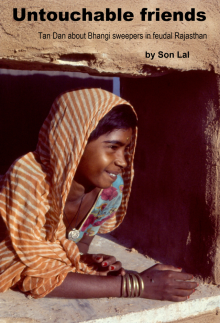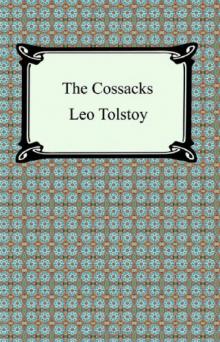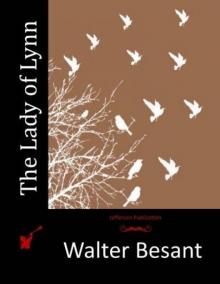In the 1970s Baya and other children in the Rajasthan desert region worked as sweepers at houses, where they were treated as untouchables. Although outsiders kept away from them, they enjoyed each others company, being good friends. Feudal attitudes influenced the life of all the sweeper families. The book also deals with death rites, Ganga water rites, Chandals and the meaning of outcasting.In the 1970s Baya and other children in the Rajasthan region, India, worked as sweepers at houses, where they were treated as untouchables. Although outsiders kept away from them, they enjoyed each others company, being good friends. Ageold prejudice and feudal attitudes influenced the life of their families, as they belonged to a caste with sweeping and cleaning toilets as the traditional profession. Exploited and oppressed they had learnt the art of handling other villagers by meekness. They were a small minority with few possibilities to retaliate. The lived among themselves and carried out their social functions outside the view and knowledge of high caste neighbours. In this book Tan Dan shows how he followed their life from his childhood in the 1940s up to the 1980s. Their visits as pilgrims to Hardvar, their role in village politics, their skill in making strong baskets and the daily rounds for removing shit from other people's toilets. Ageold prejudice about the bottom ranked castes of Bhangi and Chandal are disclosed and discussed in this book. Prejudice which occur among high caste Hindus and in ancient Sanskrit hymns. Tan Dan describes death rites, death meals and Ganges water rites. The meaning of outcasting and being casteless. The book is above all an attempt to present individuals personally known to Tan Dan and to show them as the human beings they all are, like we are, and all others who belong to the all including jati Homo sapiens. The only jati, caste or species that will remain, when all manmade social barriers have faded away.

 Aphelion
Aphelion The Fermata
The Fermata Phoenix (Black City #2)
Phoenix (Black City #2) Ravenswynd Legends
Ravenswynd Legends The Cossacks
The Cossacks The Broken Mirror
The Broken Mirror The Hellfire Rebellion (TimeWars 10)
The Hellfire Rebellion (TimeWars 10) The Lady of Lynn
The Lady of Lynn